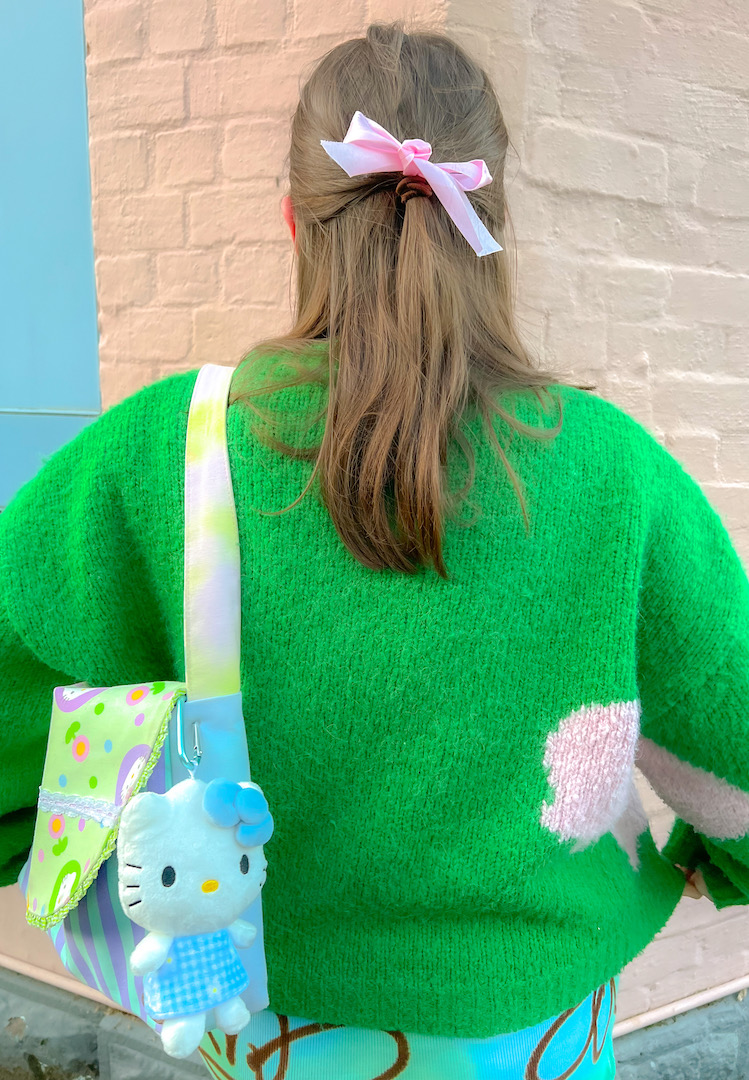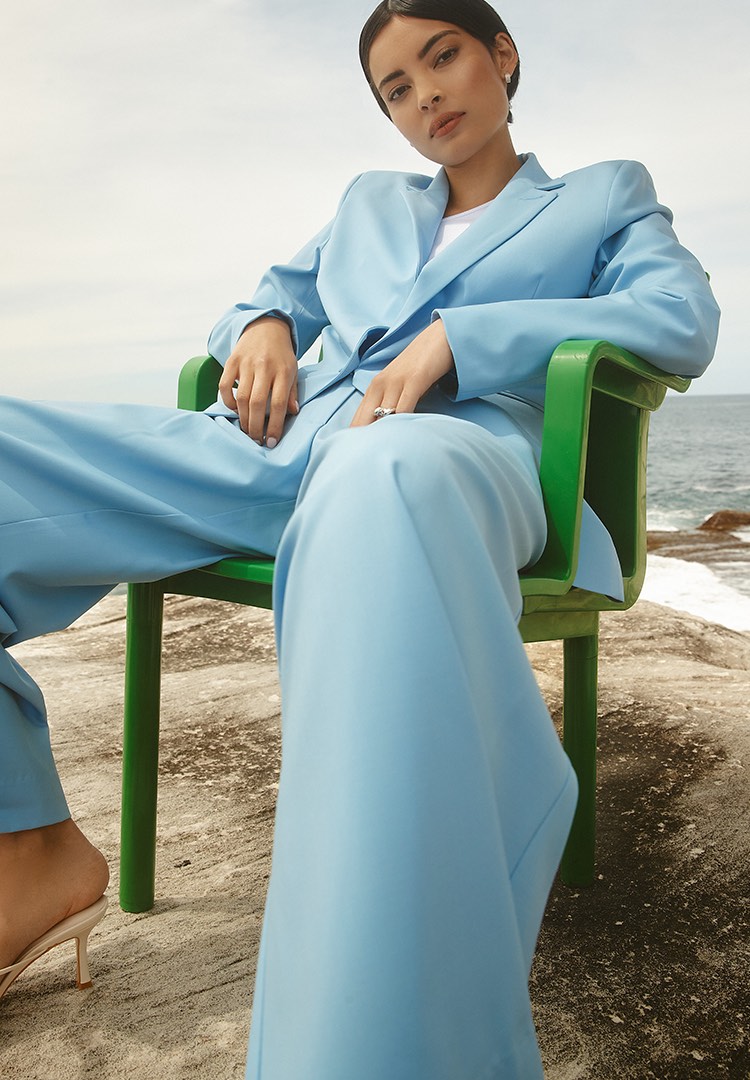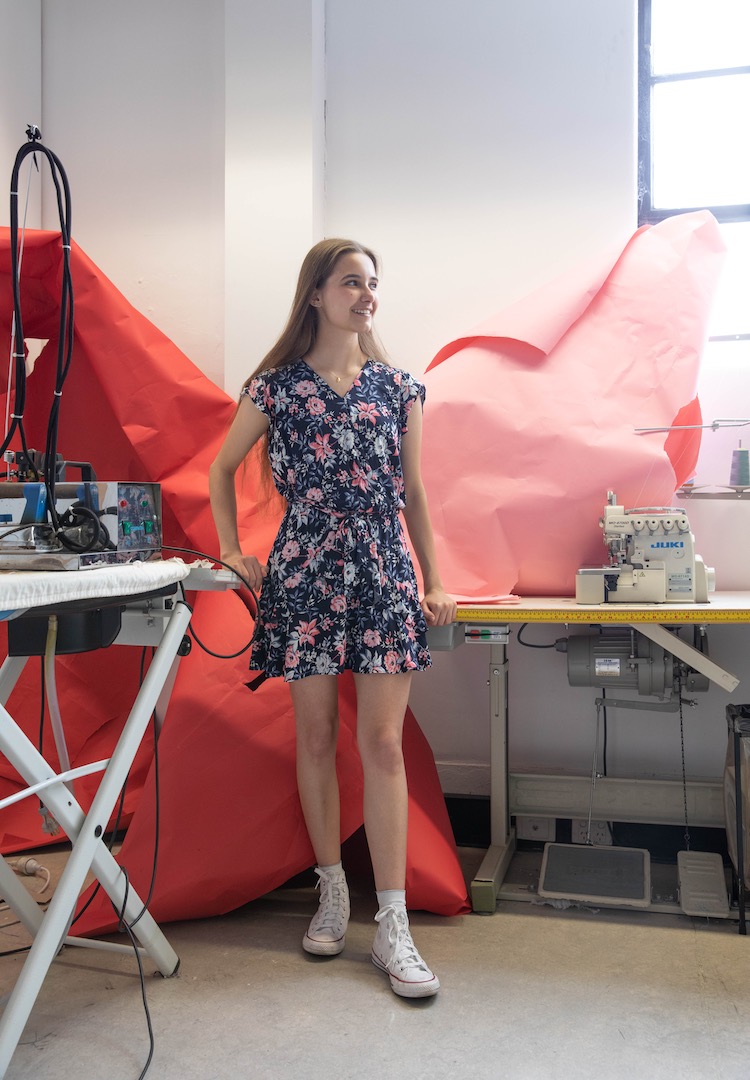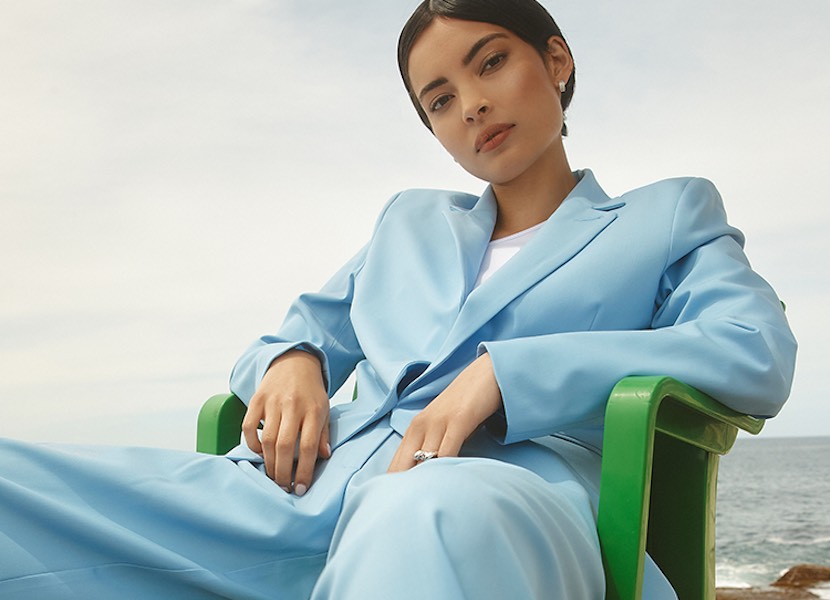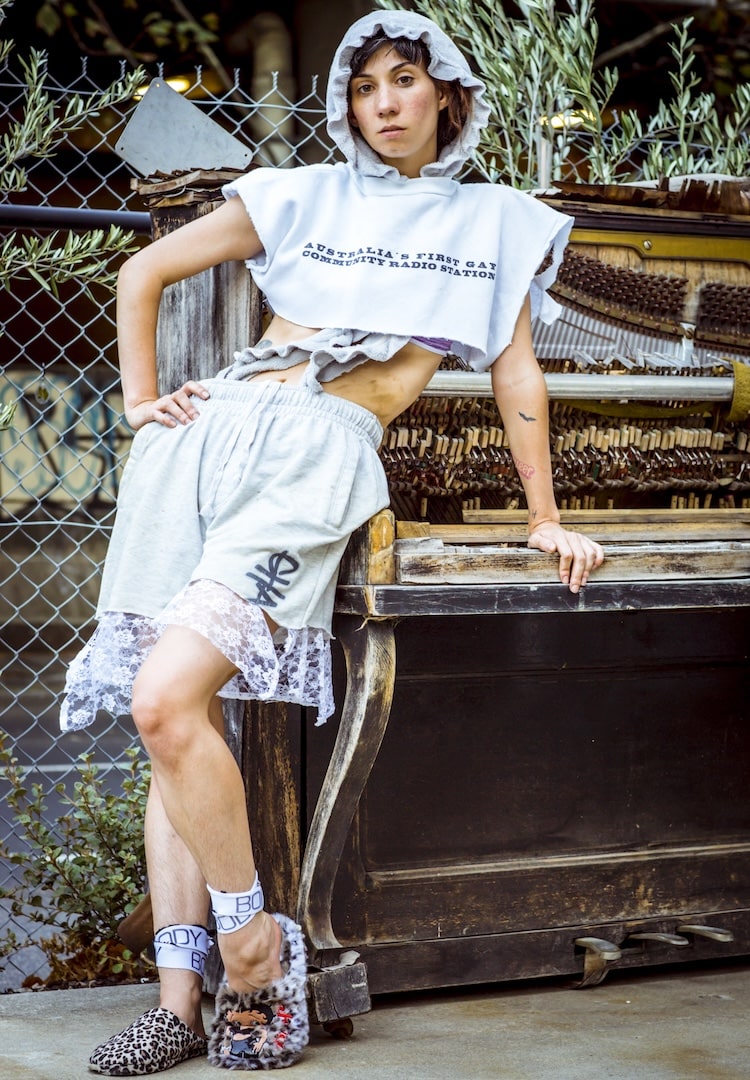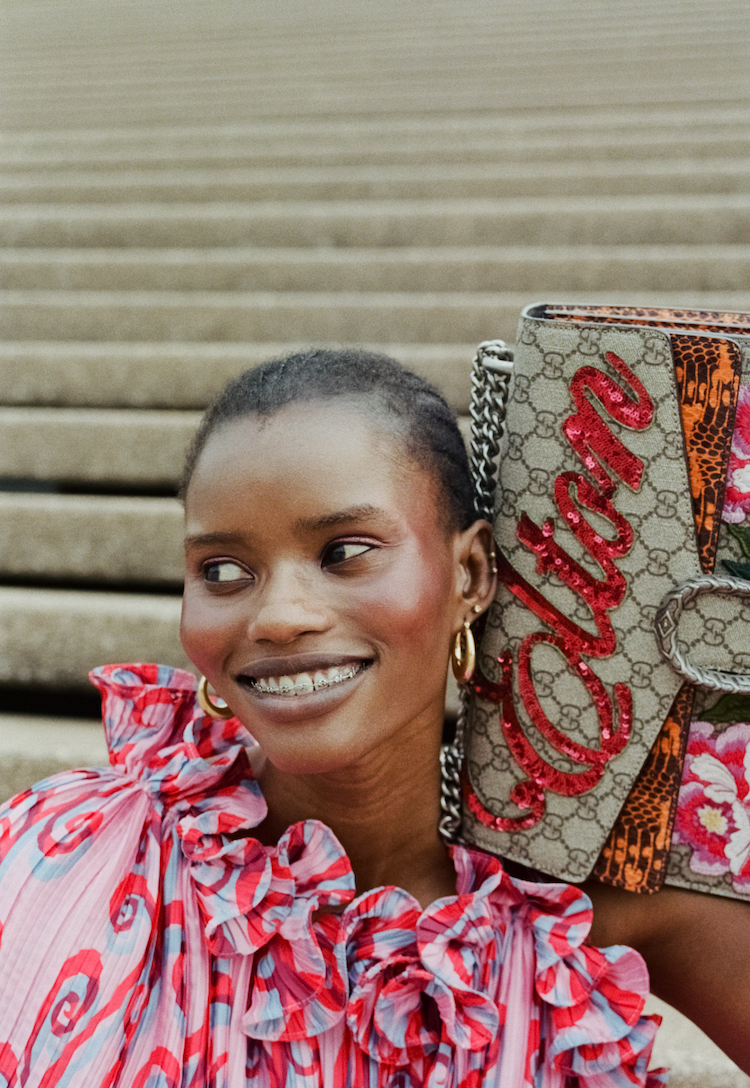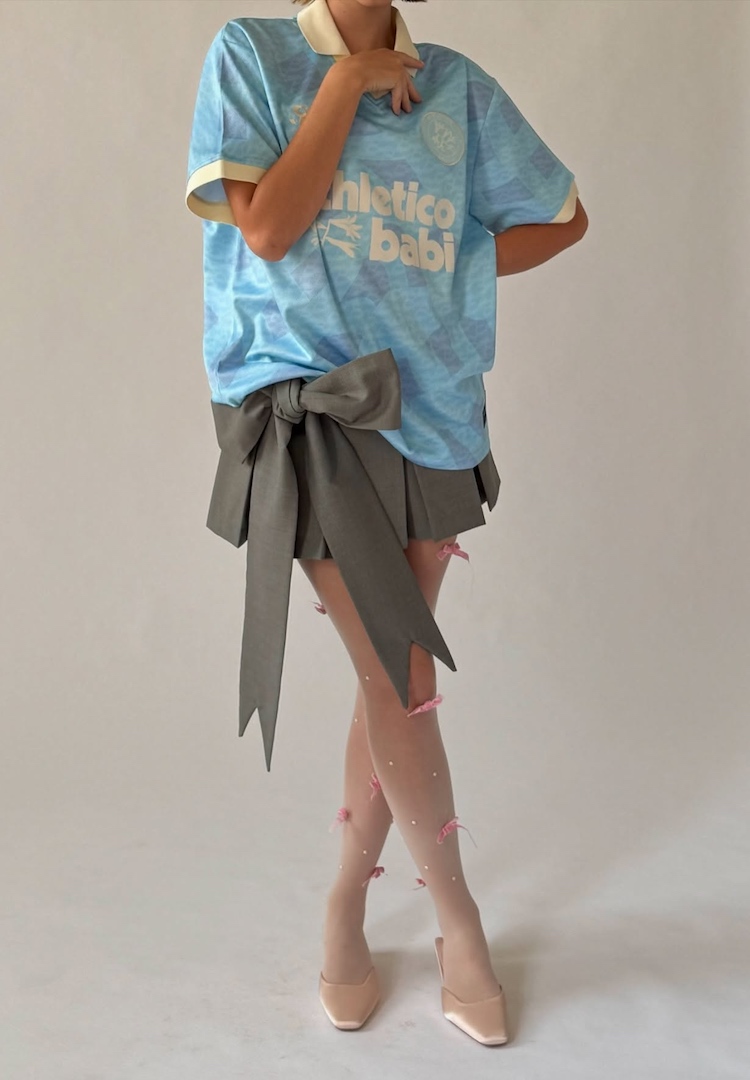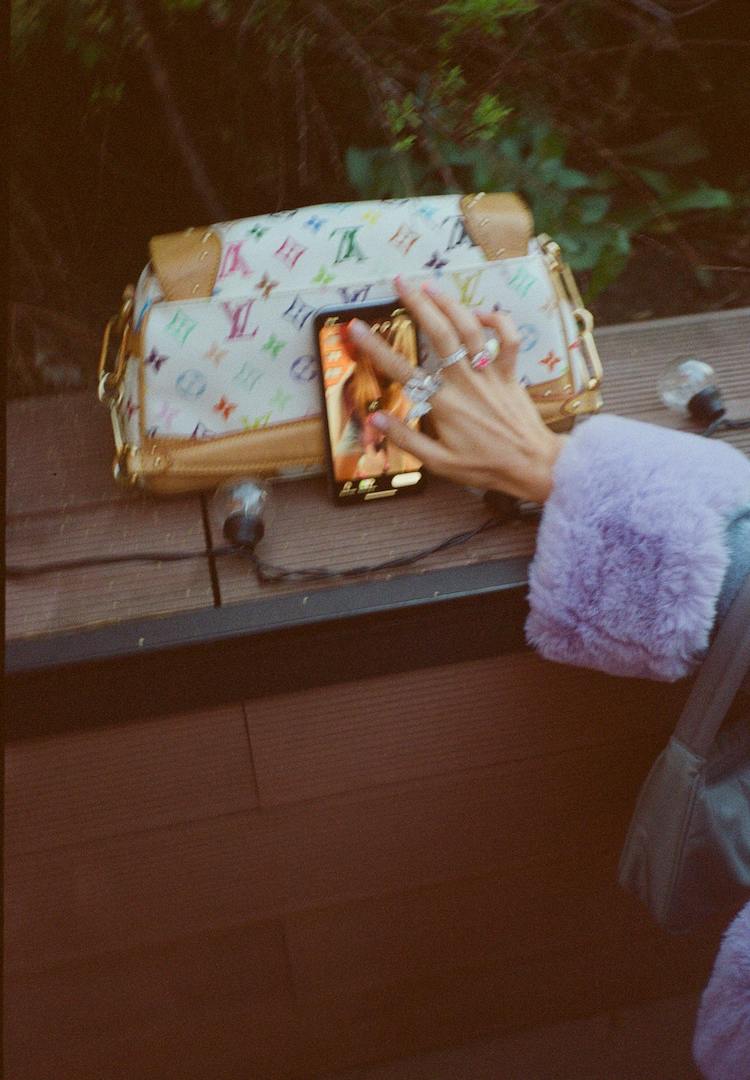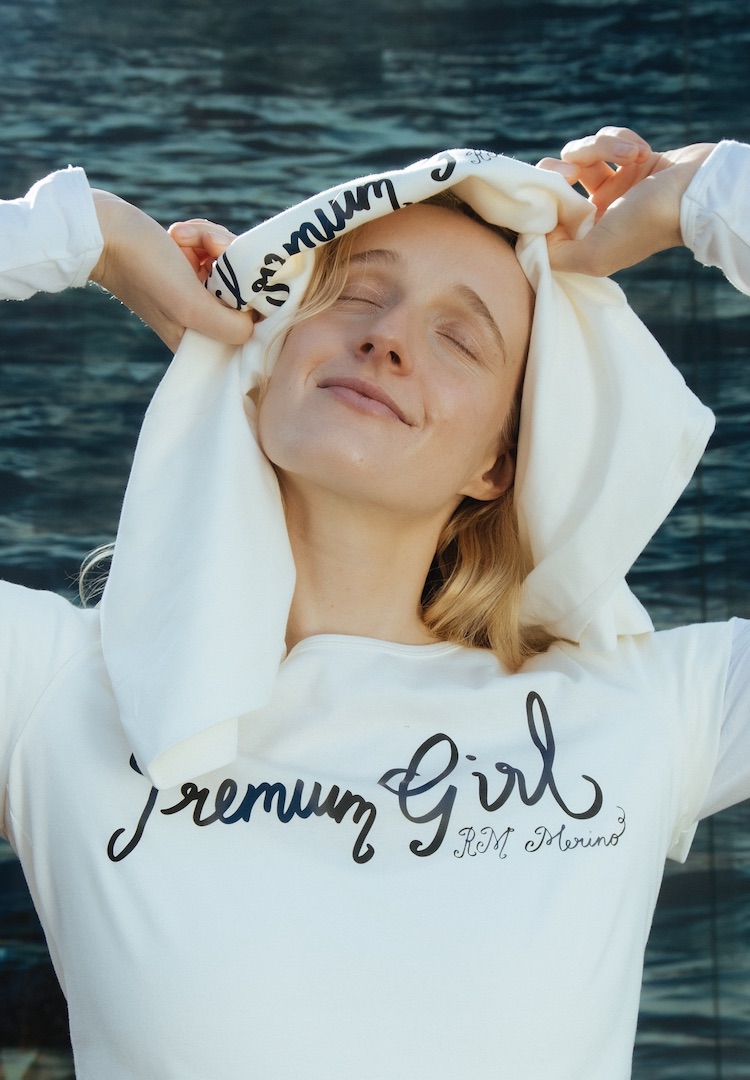How this Australian-based marketplace is reducing our environmental impact
IN PARTNERSHIP WITH RIISE
WORDS BY CAITLIN CEFAI
“How this generation spends its money is more powerful than anyone in power.”
While it can feel like the worlds of fashion and climate change are mutually exclusive, the reality is that they have more of a ‘give and take’ relationship than we might expect, and it all comes down to economics.
Where consumers put their money makes all the difference because supply will only exist if there is demand. When it comes to products that rely on the fossil fuel industry, culling our consumption will mean big companies are starved of their demand, and more sustainable sources of materials and energy will move in to take their place.
For more fashion news, shoots, articles and features, head to our Fashion section.
The fashion industry relies on large amounts of plastics, synthetic fabrics and transport to create, package and send products to consumers around the world. When consumers choose to purchase products from businesses that don’t have processes in place to curb the use of fossil fuels, they’re directly contributing to the biggest cause of climate change – carbon emissions.
This process is technical and can be difficult to understand, which is part of the reason why consumers find it hard to make positive purchasing decisions that could prevent further effects of climate change.
On top of that, many brands are simply not transparent about their sustainability processes and hide behind greenwashing marketing tactics to convince consumers that they have a stake in the future wellbeing of the planet.
One media and lifestyle brand is tackling this head-on. Hosting a marketplace stocking over 55 sustainable, ethical and slow fashion brands, RIISE is the Australian-based hub for clothing, accessories, beauty and lifestyle products that meet rigorous climate credential standards including sustainable packaging and carbon offsetting. We spoke with RIISE founder, Sara Bell, and Deputy CEO, Elizabeth Roberts, about their goals for the company.
What inspired you to create RIISE?
Sara: We as a society have fundamentally failed to create a climate narrative that mainstream audiences understand and recognise their own lives in. It is so incredibly important to present mainstream audiences with [what’s] possible; that you can have a really amazing life and still use products [and] wear clothing that is beautiful but is made in tune with the planet. We want to share desirable items of clothing that make you look good, and that make you feel good.
View this post on Instagram
Unless we as a society are successful in capturing the imagination of mainstream audiences, we’re going to fail, and that really is the heart of what RIISE is about. We’re trying to do that through both creating content and using eCommerce. Shopping with brands that are producing products made with the planet in mind is actually an incredibly powerful thing to do. There is no political process that will fix climate change, but economics [and] dollars well used [is something] I feel very optimistic about.
The next phase of us realising our mission to present climate-positive lifestyles is TV. We are developing several original TV series, one is an exciting drama, co-created with Peter Duncan of Rake fame. It’s set in a glamourous Sydney [location] seamlessly embedding climate-positive lifestyles into the narrative.
What’s the vetting process for selecting the different brands that you work with?
Elizabeth: Our vetting process is first and foremost about the economics; where money is going. We are all about directing money away from the fossil fuel industry. That’s in plastics, that’s in petrochemicals [and] that’s in synthetic materials.
We look at the materials used, how products are made and also their end of life. We look at what a brand is doing at a holistic level, but also at the individual products themselves, and we hold those in equal weight. The thing about sustainability and environmentalism is that there is no silver bullet. RIISE is passionate about supporting brands at different stages of their sustainability journey.
View this post on Instagram
What are some challenges you’ve faced when trying to navigate curating products?
E: Leather is one of the products that we always come back to, it’s so tricky. For us – and what I always want to get across – is that there is no perfect product yet but we will always offer up a better alternative. We want to make sure everything is accessible and beautiful, as well as take[ing] accountability for its environmental impact.
S: That’s where we are really very unique, because we are looking at it with a climate frame of mind, not a sustainability frame of mind. For example, it’s still very hard to buy a perfume that doesn’t have fossil fuel in it. I had always thought that if you spent enough money on a luxury product, then your items wouldn’t have that kind of impact.
What we try to do is take the economic oxygen out of the industries that are causing climate change. Part of the oil industry’s economic future is in plastics. As much as possible, we limit virgin plastic on the site because there is a direct economic impact on the oil industry if we don’t use virgin plastics. When you shop for products without virgin plastic, you’re solving climate change.
What’s the most powerful part of marketing to a Gen Z and millennial audience?
View this post on Instagram
S: Who’s in power – sadly – is almost irrelevant. How Gen Z and millennials shop is the thing that is going to matter. Even at small volumes, it matters. When large companies are doing trend forecasting, they see a trend growing [and] they want to get on that trend and maintain customers. How this generation spends its money is, I would argue, more powerful than anyone in power, and understanding how to use their dollar[s] is so important.
To learn more about RIISE, head here.

